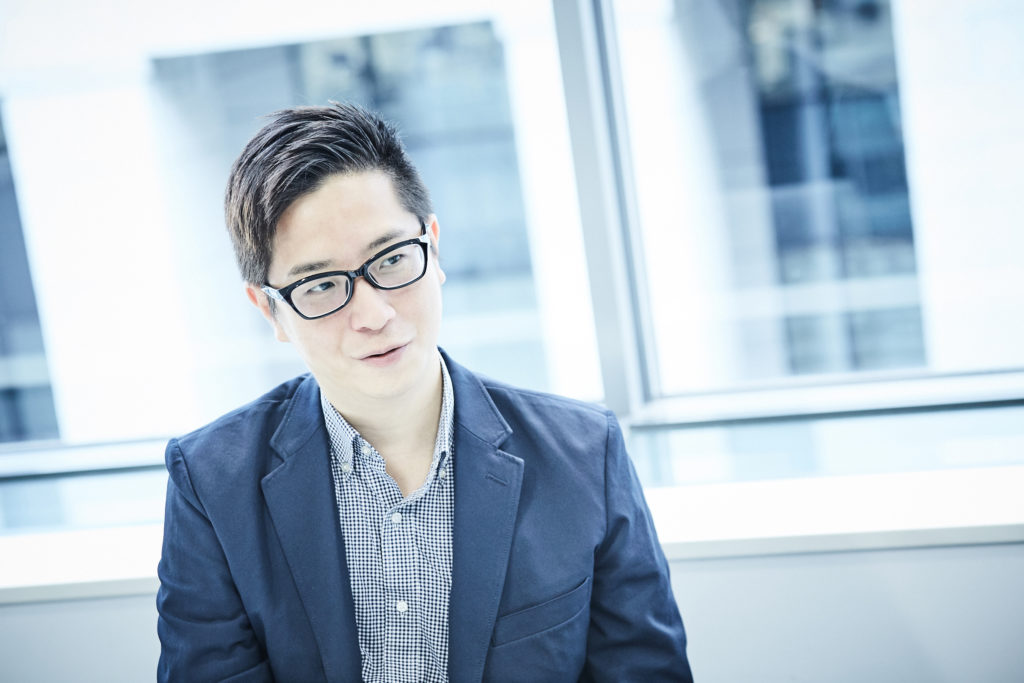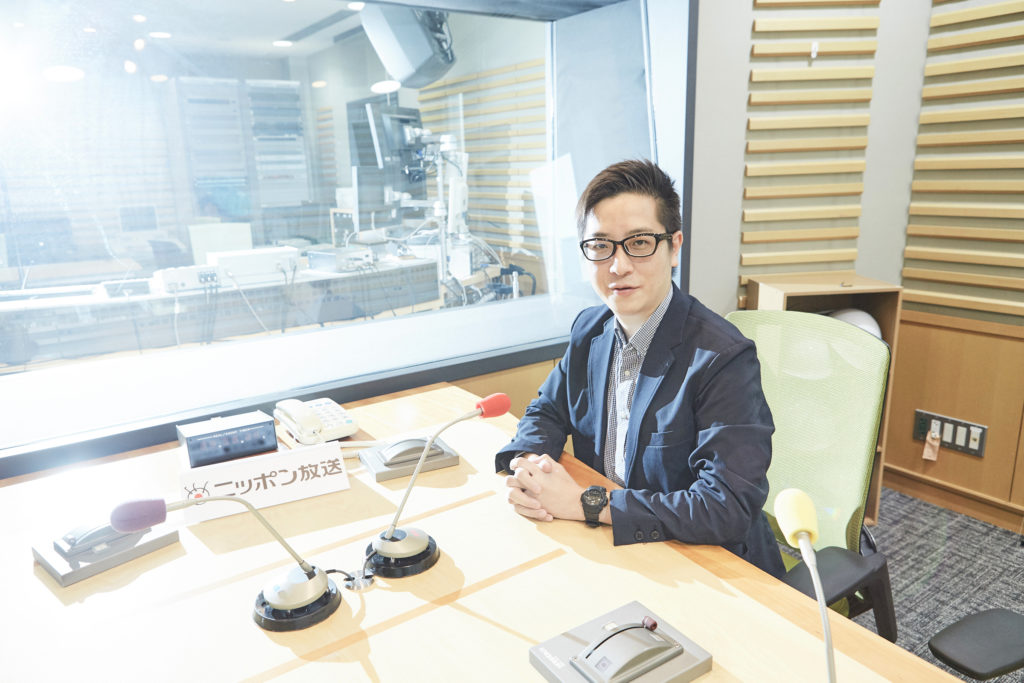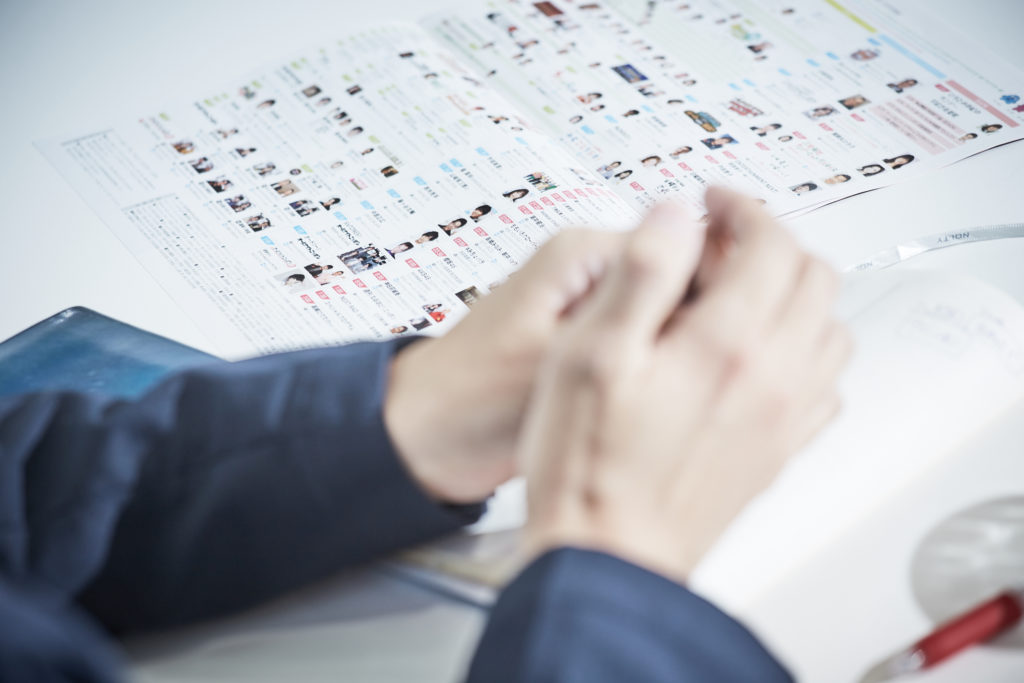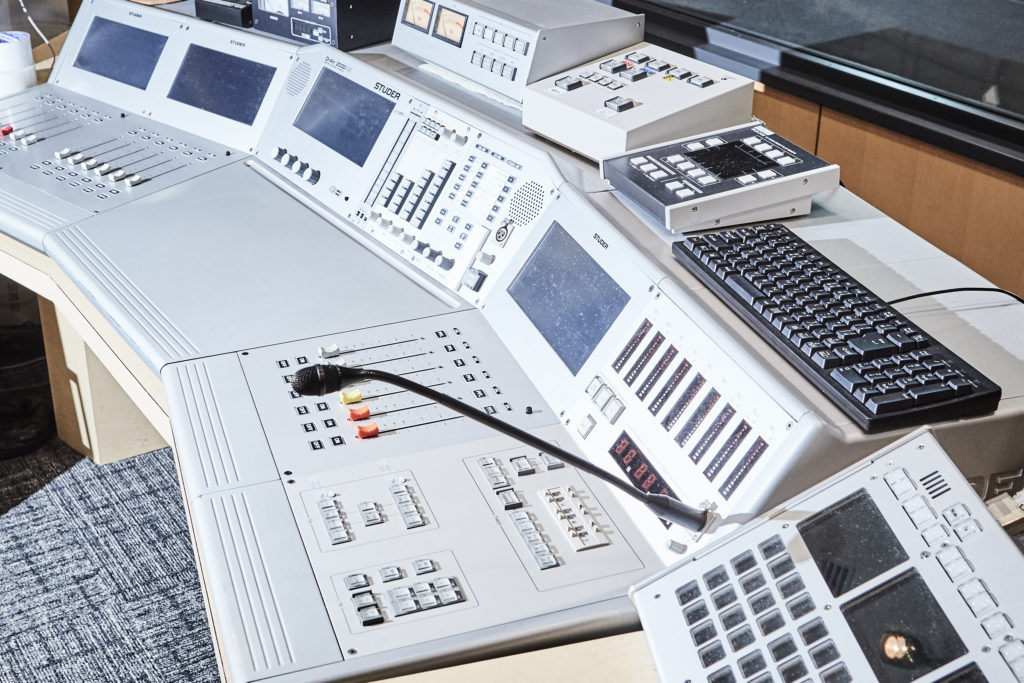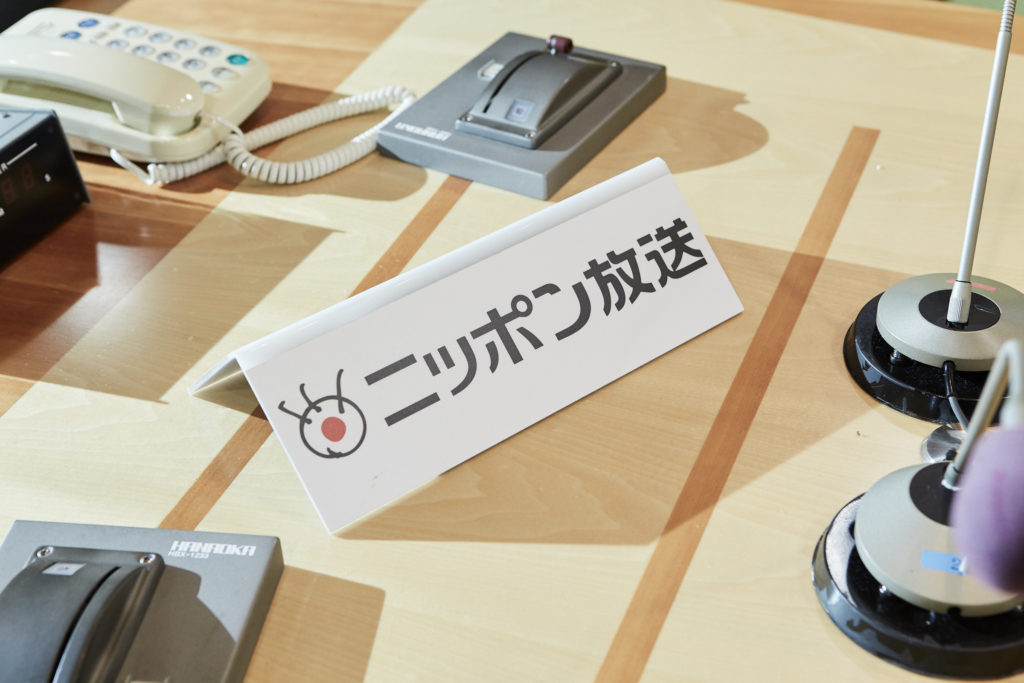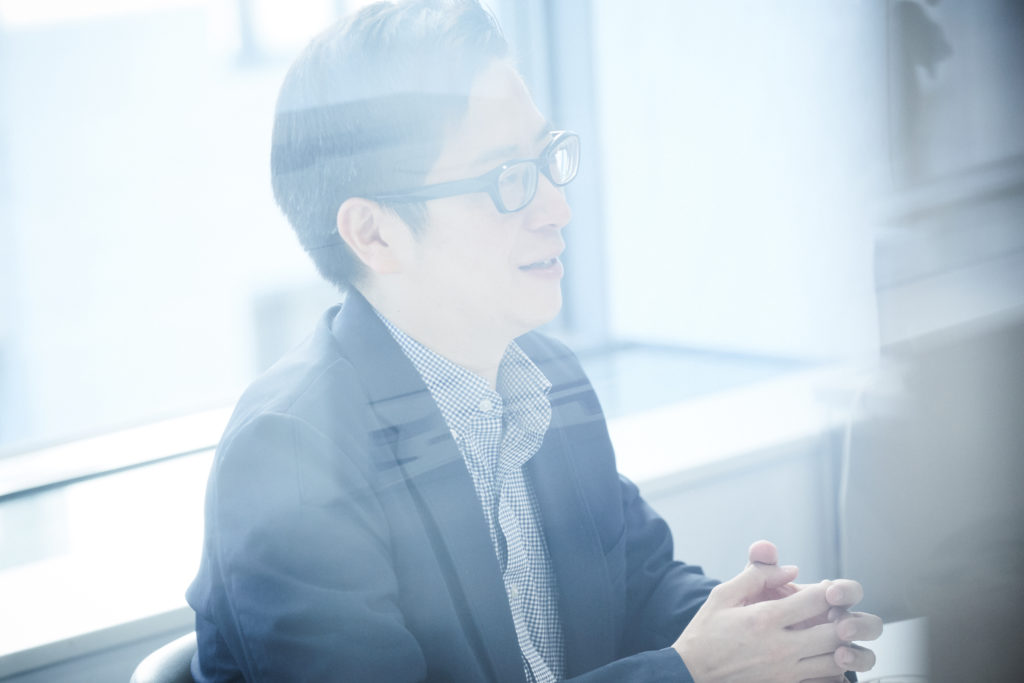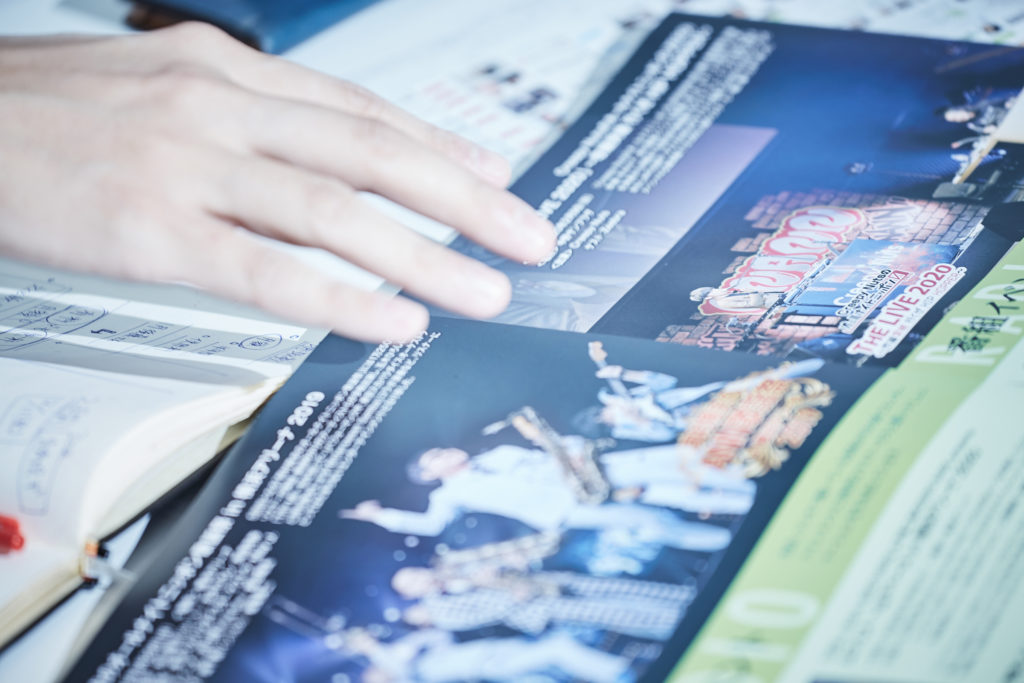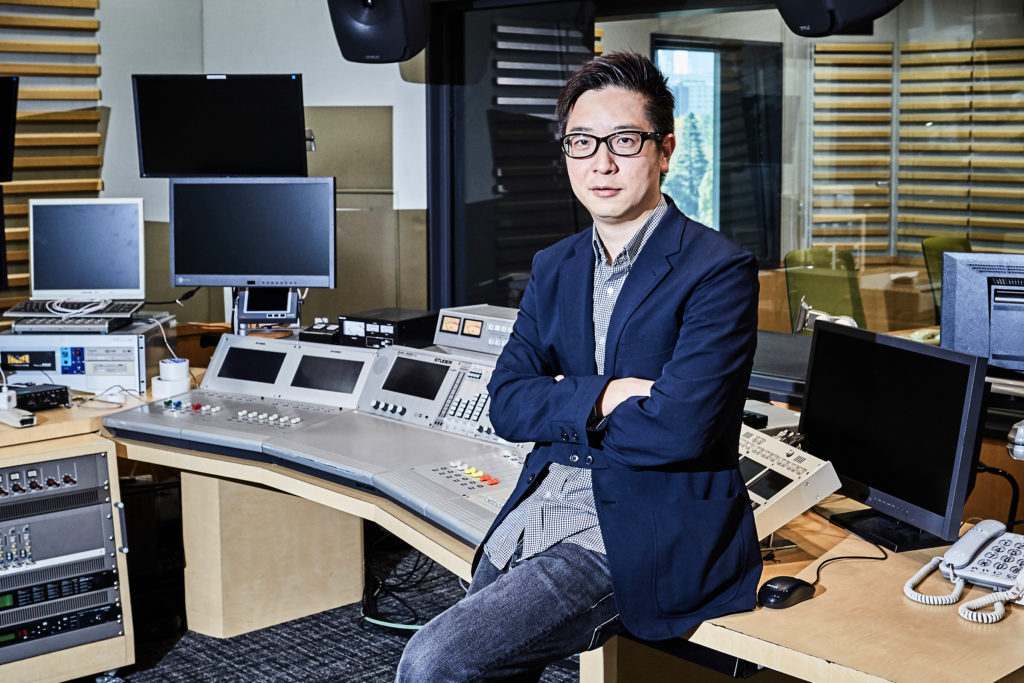
All Night Nippon is a successful late-night radio show. All Night Nippon—(from hereunder, “ANN”) airing from 1AM to 3AM (every Monday to Saturday), and All Night Nippon 0 (ZERO) (from hereunder, “ANN0”) from 3AM to 4:30AM (every Monday to Thursday; extended until 5AM on Fridays and 4:50AM on Saturdays)—is an ongoing broadcasting program that started in 1967, and is on its 54th year.
The show is also known for its diverse lineup of hosts consisted of sought-after celebrities and comedians starting from Masaki Suda (on Mondays), Gen Hoshino (on Tuesdays), Mai Shinuchi from Nogizaka 46 (on Wednesdays), Ninety-Nine (on Thursdays), Sanshiro (on Fridays), and Audrey (on Saturdays) for ANN; and First-Summer Uika (on Mondays), Creepy Nuts (on Tuesdays), Nobuyuki Sakuma from TV Tokyo (on Wednesdays), Mizutamari-Bond (on Thursdays), Shimofuri-Myojo (on Fridays) for ANN0.
For the past few years, the show has been hosting many events and their presale tickets selling out immediately, which shows that the radio has a prominent fan base. We spoke with the producer of All Night Nippon for him to unveil the engrossing traits of radio and the reasons why the show is thriving on a long run.
——We know you are the producer of All Night Nippon, but could you tell us specifically about your role?
Yuichi Tomiyama: For every show, the director, scrip writer, and the whole team gather and work strenuously to create contents, but I’m not that much involved in that part—I’m in charge of observing the entire picture slightly from afar. Right now, I produce late-night shows including Mucomi Plus, ANN, ANN0, and All Night Nippon GOLD; I believe there are three major roles as a producer:
First, as a crucial part of “producing”, I need to plan out how to run the shows semi-permanently with the team and hosts. Next is more like a management job—I have to negotiate and speak to the agencies of the candidate hosts. Finally, in fact the most important task is to devise monetization strategies; nowadays, it’s becoming more common to use our social media and website for sponsorship advertising instead of merely playing their commercials during the show. We also tie up with our sponsors and coordinate events and create merch to bring in offline revenue.
——It seems like you have more sponsors now than ever.
Tomiyama: Regarding the entire advertising budget for the radio, it has been pretty consistent since radiko (internet radio app) launched its service in 2010. Right now, ANN has over thirty sponsors, which is almost the same or more than in the 70’s and 80’s when ANN was hitting the highest listening rate. I think the radio app, radiko, enabling people to easily get access to radio contents from their phones, and its time-free service that began in 2016 was a huge innovation. If you use the time-free function, you will be able to listen to any programs that aired within the last week—I think it gave a vital impact on the ways people listen to radio.
The rise of smartphones and social media is another big factor. Around the same time when radiko launched, smartphones started proliferating and we began engaging more young listeners. Currently, radiko has been downloaded over 35-million times, and as far as I’m aware, we have acquired dozens of times more listeners than before these services existed.
On Twitter, we’ve set up hashtags for each show like “#MasakiSudaANN” and “#GenHoshinoANN” (the original hashtags are in Japanese) for listeners to use and tweet their comments during the show; sort of setting up a forum to communicate and share their thoughts with one another. These hashtags usually remain trending in the following morning, so people who missed the show could capture the highlights and discussions of the latest episode; almost like reading a summary of it. I used to think the downside of radio is that it cannot be visually appreciated, so Twitter is an imperative platform where our audio contents are turned into visual information by our listeners.
ANN and ANN0 both compile a lot of real-time listeners even in the late night; however, the percentage of listeners is way higher the next morning—around 6 to 7AM, the time when people commute to work or school. I’m sure, even before the radio streaming service existed, there were many people recording and enjoying late-night programs on the following morning, but it seems like the time-free function has now become more widespread than I imagined.
Radio is full of lavish contents
——Why do you think ANN and ANN0 are both so popular? Do you think it’s because of the impressive DJ lineup?
Tomiyama: I think so. The hosts are absolutely attracting. Every week people like Audrey, Gen Hoshino and Masaki Suda are devoting their time and speaking live for two hours straight—they don’t do that anywhere else. Indeed, radio is full of lavish contents, and as I mentioned earlier, with radiko and social media, more people are listening and noticing the benefits of radio.
Radio isn’t mainstream compared to TV shows nor too niche like the internet contents—It’s on the perfect spot. Information is flooding in the world right now, but radio remains a simple audio platform where the listeners from all over the country share the same conversation presented by the hosts. There’s that sense of solidarity, where the listeners are united into a community. Especially due to Covid, it seems like the community is growing even more.
——In fact, ANN0 starts even later from 3AM but you still have [public figures like] Mr. [Nobuyuki] Sakuma and Creepy Nuts going live—That’s really something else. Not only about ANN itself, but the idea of going live even when it’s late at night is a big deal.
Tomiyama: Yeah. In general, I’m seeking to provide a one-time-only real-time experience to the listeners. For example, [Masayasu] Wakabayashi from Audrey and [Takashi] Okamura from Ninety-Nine both announced their engagements live on-air as they wanted their listeners to be the first ones to know. This shows how much their communities of listeners mean a lot to them.
——What are the qualities of the hosts who have a passionate fan base?
Tomiyama: Those hosts know how to form a robust community or an impalpable trust with the listeners. If they talk openly, they gain trust from the listeners in return. Hosts who sustain that type of mutual relationship with the audience tend to obtain a strong community and gather passionate listeners.
The synergy between the hosts and listeners leads the show to flourish
——Do you pay attention to TBS radio’s show JUNK, which is on a different channel but airs on the same time as ANN(1AM to 3AM)?
Tomiyama: I do care a lot. I actually keep in close contact with the TBS radio producer, [Morifumi] Miyazaki, and listen to the show regularly especially when Hikaru Ijuin and Bakushomondai are on. Today, talking for two hours straight late at night is quite impossible unless you’re fond of radio. So, I don’t deem JUNK as a competitor; they’re more like a close ally.
When [Takashi] Okamura announced his engagement, we received emails from our listeners that “the guys from Ogiyahagi (the comedian duo who were the hosts that day on JUNK) are keen to ask Okamura about it.” So, we hooked them up to speak with each other over the phone. Normally, collaborating with other live channels is an inconceivable thing, but with JUNK, we can easily make it happen with a simple phone call to Miyazaki. Our hosts from ANN and ANN0 sometimes appear as guests on JUNK as well. We’ve been able to establish an amicable relationship with them.
——In the past couple years, it seems like the hosts have been increasingly appearing as guests in other days of the show. Is this intended?
Tomiyama: One of the ways for the show to stay successful is for each host to develop a strong fan base that brings vibrant flow to the show. We also need to engage the community of authentic radio fans, and make the show appealing to them. I believe these are the imperative factors to keep the show alive.
In the beginning, majority of the listeners were the original fans of each host. But as the regular hosts started interacting and appearing in one another’s show, we began to draw attention of the solid radio fans and reaching a wider audience; as a result All Night Nippon became even more exciting.
The pizazz of the listeners devoted to the show’s events
——Please tell us about the events. Was Takashi Okamura’s All Night Nippon Song Festival in Yokohama Arena on November 2015, the first ANN event ever?
Tomiyama: Even before that, we have been doing All Night Nippon Festivals with our hosts. However, in 2015, when Takashi Okamura from Ninety-Nine went live solo for one time, he said on a whim “I want to host an event, like once a year, where I could meet and greet the listeners.” Subsequently, the director at that time(Yoshiki Muneoka) booked the event in Yokohama Arena, and it culminated into a fruitful event of 8-thousand attendees. The jamboree turned out to be emotional. Usually, at music festivals every attendee has its own favorite artist and their energies are sort of dispersed everywhere in the venue, but the event was different—everyone there was an avid fan of “Takashi Okamura from ANN” and sharing common knowledge with one another. Everyone was raving when Rina Chinen’s “DO-DO FOR ME” started playing during the festival (Okamura’s favorite song that he has played multiple times in the show), which is probably an odd thing that could never be seen in other festivals. [Laughs] I’m involved with Okamura’s music festival since I was transferred to the Event Management department in 2016.
Other than that, I had proposed to initiate the event celebrating the 10th anniversary of Audrey’s ANN: It was a Japan tour that took place once in three months in three different prefectures, Aomori, Aichi, and Fukuoka; then we wrapped up the tour on March 2nd, 2019 at Budokan [in Tokyo]. The final Tokyo gig became viral receiving 22-thousand attendees including live stream viewers.
However, at the end of March 2018, I was relocated and given a new job title from an event producer to a producer of All Night Nippon. It was the same time that I was about to start organizing the events with Okamura and Audrey; my mind was dedicated to the idea of hosting more events. So, even after becoming the producer of All Night Nippon, I organized some events with Creepy Nuts and Nobuyuki Sakuma.
——In January, the four events of the radio programs have been cancelled, but a sudden live streaming event, Nobuyuki Sakuma’s All Night Nippon 0 (ZERO) Listener Sho-kanshasai 2021~Believe~ was held. It sold over 17-thousand tickets, which reveals the presences of the fervent fans. What were the things you’ve found out from the event?
Tomiyama: It was a tough judgement to be made for the broadcasting crew, event staff, and of course, the hosts. Unfortunately, the events were cancelled, however, as there were many people looking forward for the events, Mizutamari-Bond did a livestream on YouTube at the same time and date as the event was scheduled, and [Nobuyuki] Sakuma did a livestreaming event.
What I realized from these events is that we can attain the same sense of unification through livestreaming. There are also things we can achieve from livestreams that aren’t possible with physical events, like, attracting viewers with real-time email notifications and social media posts, and by making archives for those who missed the event or were not available during the time. I’m really grateful for the hosts and event staff who were involved auspiciously in the events, in spite of the circumstance. I got inspired to take action that the following week, I immediately coordinated and did a special live broadcasting show. I now see events during the pandemic with a lot of potentials.
——This will be our last question—what is the most fascinating thing about the radio community?
Tomiyama:Amid the pandemic, I’ve realized how amazing it is to simply be connected with people. Around April, I was concerned whether we could continue live broadcasting both ANN and ANN0. However, as the hosts and staff were very supportive of each other, we were able to broadcast live remotely. As the world has been going through myriad changes, I’m sure there were many listeners who were able to mitigate anxiety and felt comfort by hearing the hosts talk live for two hours. The hosts and the crew were also encouraged through sharing time with the listeners. We were reminded of the boon of radio; that “we are all connected through live shows.”
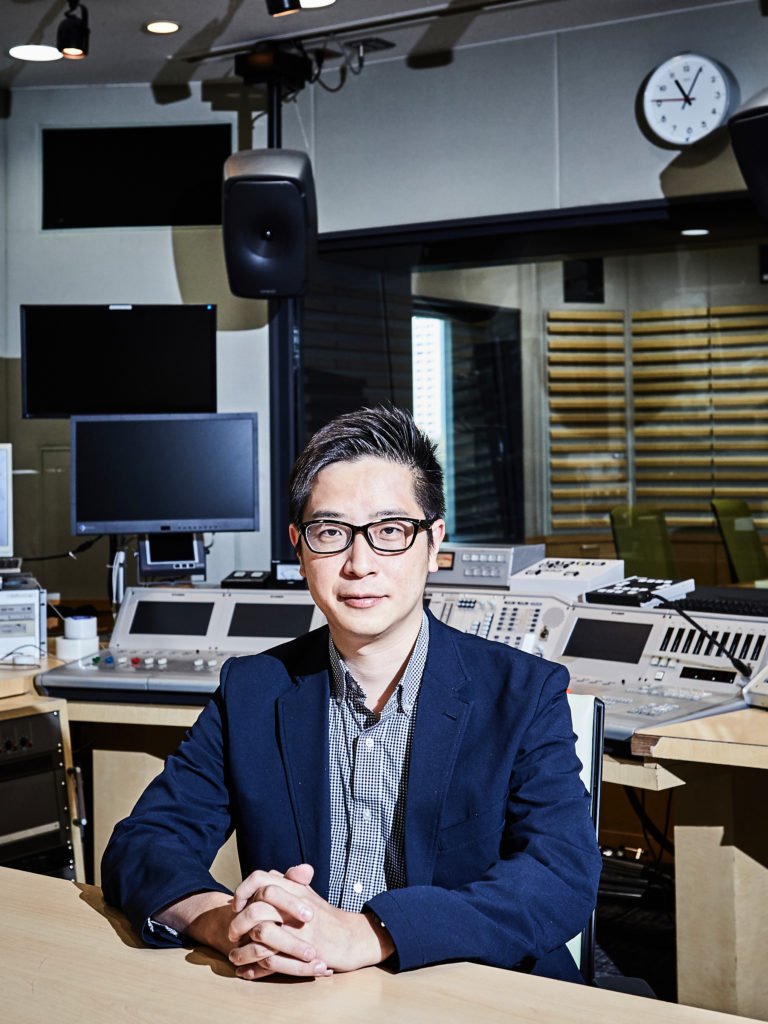
Yuichi Tomiyama
The producer in the Contents Producer Room department of Nippon Broadcasting System. Born in 1982. Toyama entered NHK in 2004 and worked at the radio center in Niigata satellite office as a director. Then, in 2007, he entered Nippon Broadcasting System, became a director and started working for the show, All Night Nippon. In 2018, he became the producer of All Night Nippon and All Night Nippon 0 (ZERO.) He is also known as the executive organizer of the social media campaign presented by NHK and The Japan Commercial Broadcasters Association, “#KonoRadioGaYabai” (the original hashtag is in Japanese, and it means “this radio is sick.”), and every day he is avidly thinking of ways to keep radio relevant to young people.
https://www.allnightnippon.com
Photography Kazuo Yoshida
Translation Ai Kaneda

